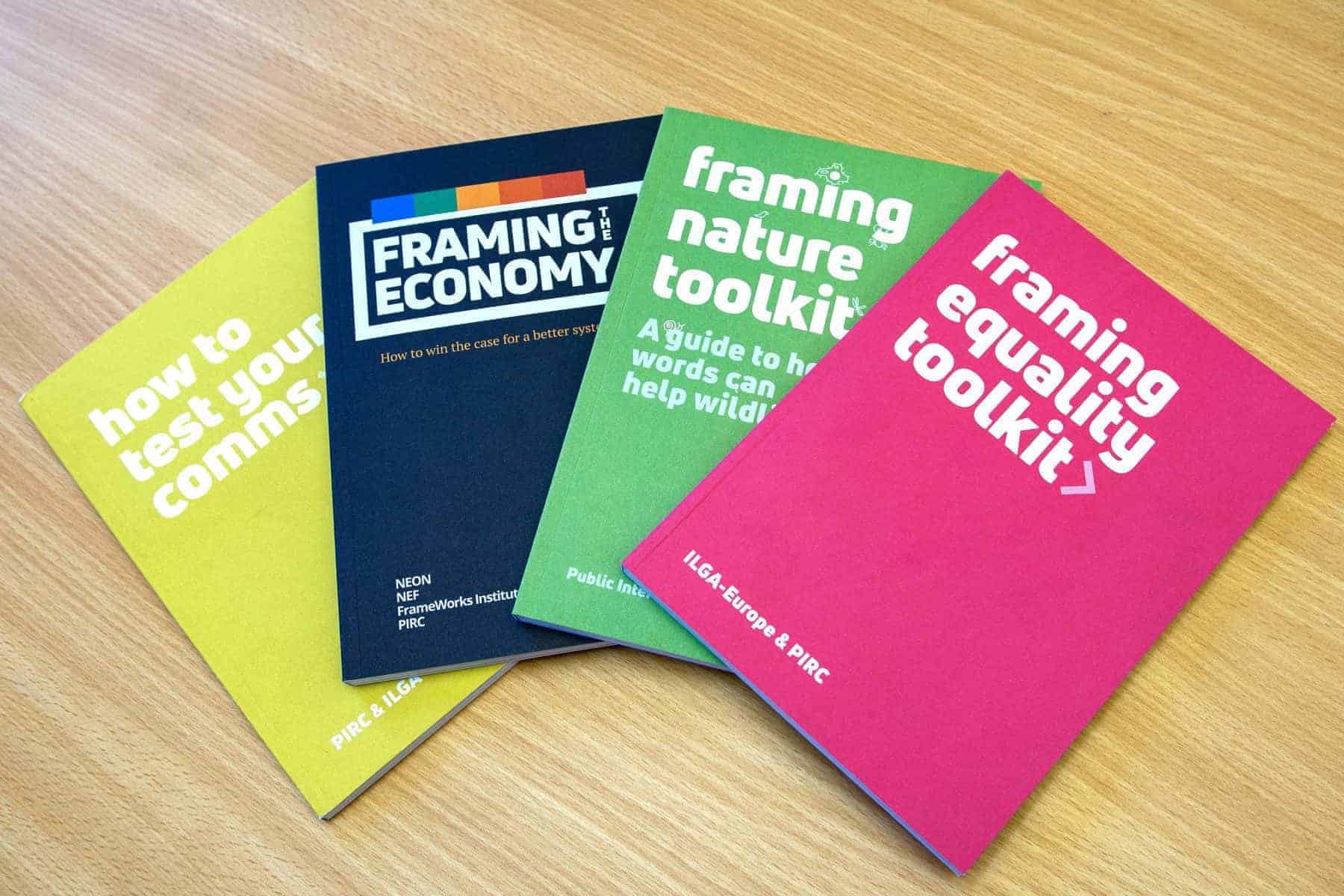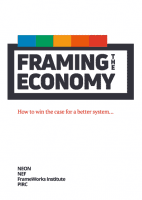Dive right in:
- Will 2010 be the hottest year on record? – it all depends on which data source you choose: GISTEMP (likely) or HadCRU (about as likely as not).
- Climate change is leaving us with extra space junk – Even the space junk is trying to tell us we’re changing the climate. One more independent line of evidence to add to the pile, how many do we need?!
- Black Carbon’s Grey Areas – A brilliant, must-read article on black carbon. Who would have thought it has such broad geopolitical implications? Worth the effort. It’s conclusions: 1. Stop throwing cook-stoves at the problem. 2. Target diesel. 3. Be very careful about comparing black carbon with carbon dioxide.
- Ocean acidification – still happening.
- Arctic climate may be more sensitive to warming than thought – “Our findings indicate that CO2 levels of approximately 400 parts per million are sufficient to produce mean annual temperatures in the High Arctic of approximately 0 degrees Celsius (32 degrees F) [19 degrees Celsius warmer than today!],” Ballantyne said. “As temperatures approach 0 degrees Celsius, it becomes exceedingly difficult to maintain permanent sea and glacial ice in the Arctic. Thus current levels of CO2 in the atmosphere of approximately 390 parts per million may be approaching a tipping point for irreversible ice-free conditions in the Arctic.”
- Network Rail study to assess impact of climate change – eco-stealth taxes are being used to… strengthen our vulnerable rail network, oh.
- Troubling ice melt in East Antarctica – it’s losing mass, which is not good. – “It’s too early to know what the ice loss in East Antarctica really means, says Isabella Velicogna, a remote-sensing specialist at NASA’s Jet Propulsion Laboratory in Pasadena, California. “What is important is to see what’s generating the mass loss,” she says. Reductions in snowfall, for example, might reflect short-term weather cycles that could reverse at any time. But thinning caused by accelerating glaciers—as seen in West Antarctica—would warrant concern.”
- Peru inventor ‘whitewashes’ peaks to slow glacier melt – In a remote corner of the Peruvian Andes, men in paint-daubed boilersuits diligently coat a mountain summit with whitewash in an experimental bid to recuperate the country’s melting glaciers. Peru’s Environment Minister Antonio Brack has said the World Bank’s 200,000 dollars in funding would be better spent on other “projects which would have more impact in mitigating climate change.” “It’s nonsense”, he commented bluntly last year.
- Leakegate: A retraction – “It is an open question as to what impact these retractions and apologies have, but just as with technical comments on nonsense articles appearing a year after the damage was done, setting the record straight is a important for those people who will be looking at this at a later date, and gives some hope that the media can be held (a little) accountable for what they publish.”
And finally, on a slight tangent:
- Ben Goldacre: Yeah well you can prove anything with science – “When presented with unwelcome scientific evidence, it seems, in a desperate bid to retain some consistency in their world view, people would rather conclude that science in general is broken. This is an interesting finding. But I’m not sure it makes me very happy.”





